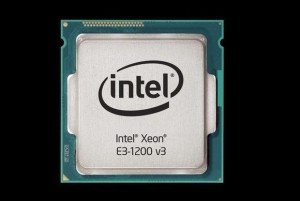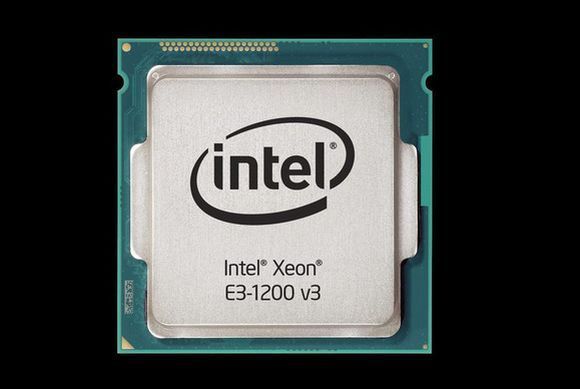US blocks Intel from selling Xeon chips to Chinese supercomputer  projects, apparently reflecting concern about their use in nuclear tests.
projects, apparently reflecting concern about their use in nuclear tests.
Four supercomputing institutions in China were placed on a U.S. government list that effectively bans them from receiving certain U.S. exports, In February
The four institutions, which include China’s National University of Defense Technology, have been involved in building Tianhe-2, the world’s fastest supercomputer, and Tianhe-1A.
The two supercomputers have been allegedly used for “nuclear explosive activities,” according to a notice posted by the U.S. Department of Commerce.
Back in August, the U.S. Department of Commerce notified Intel that it would need an export license to ship its Xeon and Xeon Phi parts, the company said on Friday. These chips were to be used in supercomputing projects with Intel customer Inspur, a Chinese server and supercomputing provider.
“Intel complied with the notification and applied for the license which was denied. We are in compliance with the U.S. law,” the company added.
The four Chinese institutions had been placed on the list by a government committee made up of representatives from the U.S. departments of Commerce, Defense, State and others. Inspur was not among the entities named.
The U.S. government had found the four Chinese institutions to be “acting contrary to the national security or foreign policy interests of the United States,” the Department of Commerce’s notice said.
On Friday, the National Supercomputing Center of Guangzhou, which was named on the list and operates the Tianhe-2, declined to comment.
“We are not very clear on this situation,” said an employee at the center.
Intel has been selling its Xeon chips to Chinese supercomputers for years, so the ban represents a blow to its business. China increasingly wants to build more supercomputers that are faster, and Intel has been a major partner.
But the country has also been developing its own homegrown processors, and the U.S. ban could accelerate those efforts.
Both China and the U.S. have at times collided on trade issues relating to technology. In 2012, a U.S. congressional committee said that Chinese tech firms Huawei and ZTE were a national security threat because of their alleged ties to the Chinese government.
China, on the other hand, has been stepping up efforts to protect its IT infrastructure from electronic spying. This could potentially create hurdles for U.S. businesses wanting to sell hardware and services to the country.








